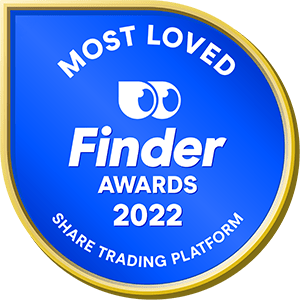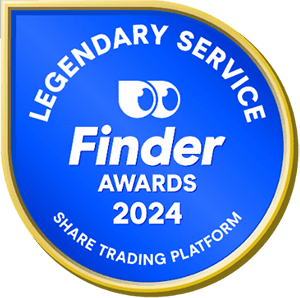There’s a lot of new entrants to the online investing industry, with shiny fees and big promises. But are they really all they’re talked up to be?
What you need to know
If there is one thing to remember about brokerage fees, it’s that you get what you pay for.
In Australia, average brokerage costs anywhere between $12-$20, with some new entrants undercutting the competition by offering $5 trades.
At $5 a trade, the revenue earned from brokerage does not cover the costs incurred to process these trades. As we’ve heard many times about the big technology platforms, if you’re not paying for the service, then it’s quite likely you are the product (such as your data being shared with third parties, without your knowledge). So, investors need to ask themselves – where is the catch?
One of the catches is the prices charged by these providers are hidden as other fees, usually disclosed with the dreaded asterisk. For example, although some providers are offering $0 trading on international shares, clients are charged up to 0.8% on the FX transactions and some also charge a custodial fee to hold the shares on their platform. This can be as high as a further 0.5% per annum. So, compare this to being charged 0.1% for the brokerage cost of the trade and the clients are well and truly worse off.
The other catch is the custodial or nominee model used by some low-cost broker platforms. The model operates under a single Holder Identification Number (HIN) structure, which pools everyone’s shares, and sometimes cash, together.
The upside? Low brokerage. The downside? Investors do not have legal ownership over their shares, only ‘beneficial title’ under the agreement with the broker. Without an individual HIN in your name, investors are not afforded protections under the ASX administered National Guarantee Fund (NGF).
In the event of bankruptcy, or collapse of the platform, investors have limited claim to their shares. For established brokers, bankruptcy is highly unlikely. However, for newer broker entrants who are yet to turn a profit, it is an important factor to be considered when opening an account.
Another downside is the costly process of trying to extract your holdings out of these platforms. Remember to read the fine print. You shouldn’t have to pay to gain formal ownership over your own shares or to transfer them to another platform.
Why Bell Direct is a ‘simply better’ alternative
Bell Direct provides you with your own individual HIN, meaning you have legal ownership of the shares you buy, no questions asked, and no asterisks. Plus, we provide you with an investment toolkit to help you make better investment decisions coupled with brokerage rates that beat the banks.
Bell Direct is simply better.



